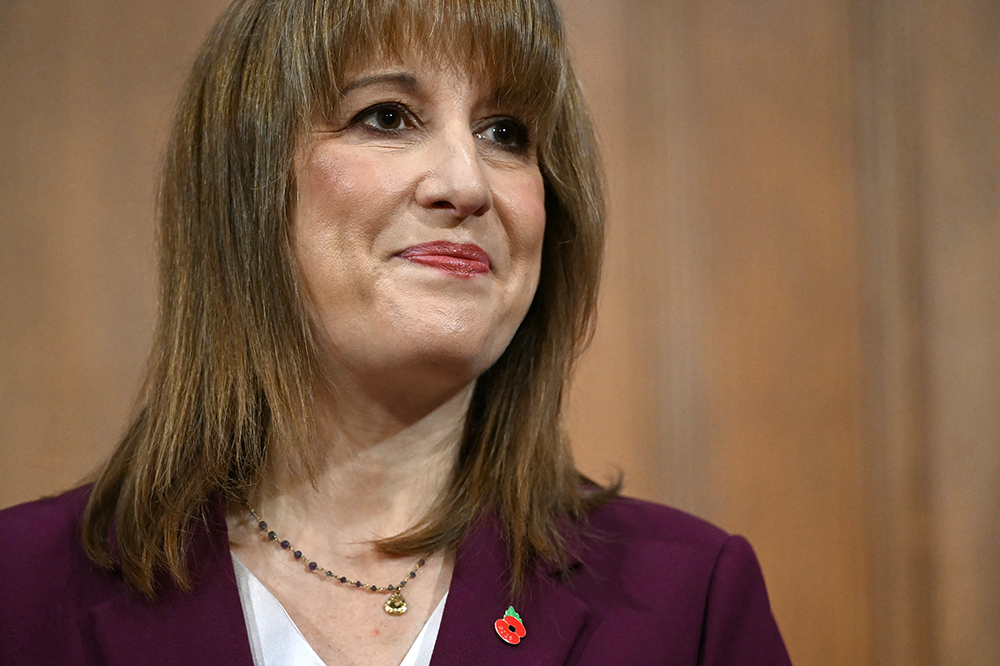‘The first team at Wormwood Scrubs is said to be better than QPR’s’. That line from Toby Young’s article from November has stuck with me. Could it be true? Are our jails full of talented footballers who didn’t quite make it? Are players regularly ‘spat out’ without any qualifications? Is there an academy-to-prison pipeline?
One day, Brian was at a friend’s house when his dreams were shattered
To find out, I spoke to some former academy players who had been to prison. ‘Brian’, who played for a London first division club’s academy in the mid-2000s, missed a lot of school to train. He’d leave classes at lunchtime on Wednesday for football practice; on matchdays he’d be out of lessons by 11am. This meant he was often skipping six or seven lessons every week. Predictably, Brian started to struggle at school, but, he said, ‘football was my life’, so he didn’t worry too much. The club’s culture reinforced this. The boys were encouraged to ‘live and breathe football’ to the exclusion of everything else.
One day Brian was at a friend’s house when his dreams were shattered. The two boys were both academy players at the same club, but while Brian came from a single-parent family with little money, his friends’ parents were well-paid professionals living together in a comfortable home. The father asked Brian ‘What do you want to be when you grow up?’. Brian said ‘a footballer’, and was shocked when the man laughed at him. Seeing Brian’s hurt expression, his friend’s dad explained that he, like almost every other academy player, probably wouldn’t make it, and that a ‘backup plan’ was vital. Lacking qualifications, or any real understanding of how to access other professions, Brian felt his only other options were the music industry or becoming a ‘roadman’, dealing drugs.
When Brian was subsequently released from the academy, he felt abandoned. He got one call from an agent a few months later, but no one from the club checked how he was doing. Soon Brian was embedded in his new life of crime. Inevitably, he was caught and sent to prison. It’s only now, after release and with the support of the Longford Trust, that he’s studied for a degree, and is considering pursuing a PhD. His life is finally back on track.
Other academy players from that era told me similar stories. They described a culture where players were desperate for the success which a football career could bring, and often gave no thought to what might happen if they didn’t achieve their dreams. Their education suffered as a result. When these players were released, they received little or no support, and felt cast off, their dreams shattered. Of course, not all abandoned academy players turn to crime, but the disruption of missing the cut, combined with failing to have a backup plan, often makes teenagers vulnerable to gang grooming and bad influences.
Is it still like this? In 2011, the Football League recognised that the academy system wasn’t working properly, and introduced the Elite Player Performance Plan. Although controversial at the time, this does seem to have changed football academies for the better. I spoke with staff from QPR, who explained how things work now.
The biggest change in recent years is the creation of a formal ‘player care’ department. William Lambert, assistant academy director told me that the biggest change began around seven years ago. Before then, clubs typically had a single safeguarding manager. QPR, as with a number of other clubs, now has a whole team supporting academy players and their families. As William said, ‘Every player…is going to be leaving at some point whether they retire as club legend at 38, or leave at 16 having not got a scholarship…our job is to make sure they leave a better person’.
QPR is particularly aware of the risks of players being drawn into gang culture. Their safeguarding manager, Paul Weekly, is a former detective at the Metropolitan Police who was part of Operation Trident and even lead the investigation into former footballer Gavin Grant, who was convicted of murder in 2010. While Paul recognises that ‘we can’t govern the lives of the players outside,’ he says ‘we can educate and guide them as best we can’.
Only 0.012 per cent of boys who play organised youth football in England will become a Premier League professional
Kieron St. Amie was an academy player at QPR, going on to play across the UK before an injury ended his career early. He now works as the club’s player care coordinator. In this role, he’s introduced a formal support programme for the three years after an academy player is released. St. Amie has identified that the first year is a crucial risk period, where players can ‘be angry and get in with the wrong crowd’. To help address this, he secures players trials with other clubs, as well as encouraging them into education or short courses. This is all informed by his own experience. ‘Back then’ players were just ‘dropped,’ he tells me. ‘When I was playing, we didn’t have this setup’. St. Amie believes that how QPR operates makes it a ‘great time’ to be at the club’s academy – even for those young me who will never turn professional.
QPR is determined to make sure that academy players have plenty of ‘backup’ options, so that players have ‘many avenues’ to choose instead of gangs and crime. The club contacts players’ schools every 12 weeks, making sure they are aware of any issues with classroom behaviour or performance; as players approach GCSESs, this monitoring becomes more in-depth and regular, with the club contacting schools every six weeks. All players are required to study through to at least the age of 18, either pursuing BTECs or A Levels. There’s even a programme for parents, with weekly workshops covering player care, performance, psychology and football. It might not stop every pushy father or mother shouting in the car park at their children after a game, but perhaps it helps the children to find a life off the football pitch.
Toby Young decided against keeping his son in a football program that could eventually have led to the big time. Was he wrong to do so? ‘Even if he was signed by QPR, the odds of him walking out at Loftus Road were 200 to one,’ Young writes of his son’s chances. In fact, the odds of success are probably even worse than he thought. According to Michael Calvin in his book No Hunger in Paradise, only 0.012 per cent of boys who play organised youth football in England will become a Premier League professional. So, yes, Toby’s boy probably wouldn’t have made it. And, yes, most children entering football academies will face the crushing disappointment of having to leave prematurely. But while some rejected youth players might turn to a life of crime, the path from the football academy to prison is by no means inevitable.







Comments